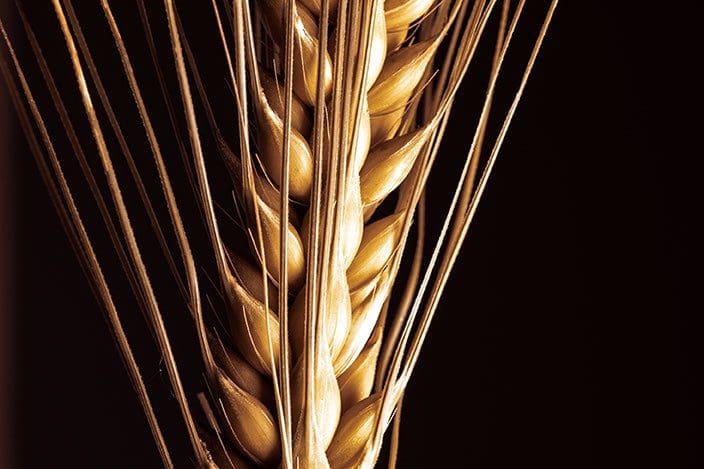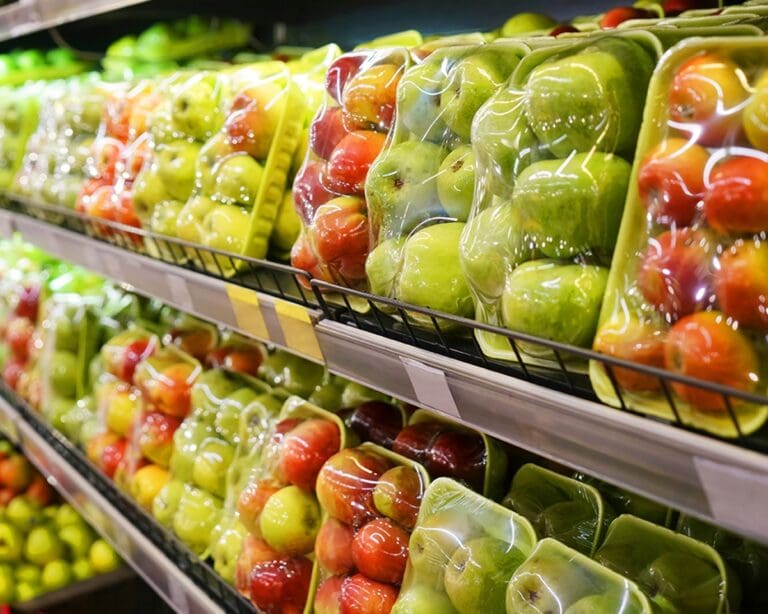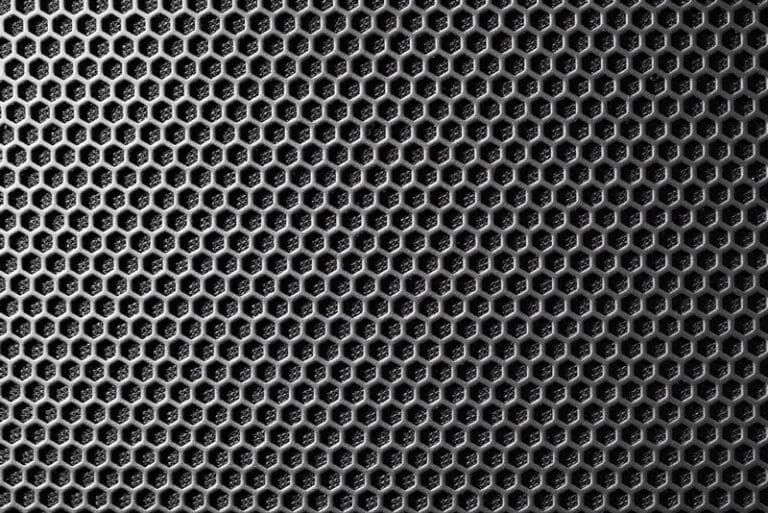Despite bullish fundamentals, sunflower oil market turns sluggish
Expana has continued to hear this week that the Ukrainian sunflower seed situation continues to worsen with volumes on the open market all but depleted with crushers in the main unable to source additional volumes at the time of writing. If this is correct, it could mean that carry into the 024/25 season is virtually non-existent, meaning that estimates of a crop of circa 13.9 million metric tonnes, which is already 600,000 metric tonnes lower than the volumes produced in the 2023/24 season, could be the actual raw volumes available.
This scenario would be highly unusual and could lead to a severe limitation of sunflower seeds available on the open market, as the 2023/24 season had a considerable carry and still available seed volumes have dwindled before the new season harvest, which begins in October. Moreover, market players have cited concerns for the Ukraine crop, as temperatures have soared with more hot weather expected in the coming months and weeks. This situation is mirrored within the EU with market players commenting to Expana that the sunflower seed situation in France in particular is raising concerns. Industry insiders commented that the weather has been poor and, even at this early stage, much of the crop may not make it to harvest, which usually starts around September.
The hi-oleic seeds are also thought to be suffering significantly with much of the crop a ‘disaster’ according to players familiar with the situation. If this is indeed correct it could severely swell the premium between conventional sunflower oil and hi-oleic which is heavily utilised in the food industry, market players remarked that the differential was now circa €120- 150/mt but the severity of the declines in the high-oleic crop could swell this to levels of circa €280-€300/mt according to these players. A premium of this level would be problematic as it comes at a time when there are no easy replacements. Olive oil, for example, which could be utilised in many of the same applications and substituted, is at circa €8000/mt likely far too highly priced to be a consideration at this stage. A trader told Expana that this was a “looming disaster which no one was taking careful enough stock of”. Expana will continue to provide updates on the situation as more details emerge.
Despite these bullish fundamentals, the sunflower oil market has become semi-illiquid in part due to reports from market players, who have commented that imports into India in June could be as high as 500,000 metric tonnes, potentially double the normal imported volumes. Industry insiders commented to Expana that these cargoes were purchased in prior months with many of the trades occurring in April for forward many of them reported by Expana during this period. The important thing to note is that with this magnitude of imports; it could take a significant amount of time before this oil is consumed/utilised and could drastically limit or even zero imports that would have been likely in July. This lack of import need means that a major buyer of sunflower oil will be on the sidelines for a considerable amount of time and therefore it could lead sellers to lower prices in the near term in an attempt to attract buying interest according to market players.
Europe vitamin D3 prices firm but good market coverage reported
Chinese DDP Europe vitamin D3 spot prices were assessed stable at €7.00-7.80/kg on 20 June, but several sources reported a lack of new offers and higher price levels as producers stopped offering. While market coverage for Q3 in Europe is reportedly good, some sellers noted more spot enquiries and buyers accepting higher prices.
A producer acknowledged short supply and more requests for short-term deliveries in Europe. It added that all its quotes for material delivered within the European Union were at €10.00-11.50/kg. A transaction in northwest Europe for a “significant volume” was concluded at €12.00/kg, the producer added.
“On one hand there is hardly any material available in EU trade channel. On the other hand, most of the end-users are already well covered,” said one trader. A second trader said it had stopped quoting. The source said that while European spot prices were indeed around €7.40/kg around a week ago, it was currently very hard to indicate the price level or predict its direction. The coverage for the next 2-3 months seemed sufficient but Q4 was “completely uncovered”, according to the source. “Prices have been too low but on the other hand, the supply and demand is so imbalanced,” said the trader.
A buyer said that offers it had received varied, but the average was around €12.00/kg and above. A third trader indicated prices at around €10.00/kg and “really tight supply”. “Almost no transactions as there is no material,” added the source.
DDP Europe vitamin D3 spot prices averaged €7.28/kg in Q1, representing a rise of 3% quarter on quarter and a drop of 6% year on year. Difficulties importing material into certain EU countries continued to be cited as a price-moving factor, as well as the impact of attacks in the Red Sea. However, overall availability was sufficient to meet demand.
European importers of Chinese-origin feed-grade vitamin D3 500 had been facing issues following a change in how lanolin, which is a key raw material used by all vitamin D3 500 producers, is classified when it is imported into the EU. Since mid-2022, Chinese and Indian lanolin has been formally considered to be a highly refined product of animal origin. To be able to import non-plant origin vitamin D3 into the EU, an export health certificate was required. However, in 2023 the European Commission regulated that it was “appropriate to extend the derogation from the prohibition of entry” for imports of feed-grade vitamin D3 500 into the EU from China.
Meanwhile, Chinese producer Kingdomway confirmed on 2 April that it would start chemical synthesis for vitamin A and D3 oil at the end of April, with vitamin A and D3 powder product expected to be available in May/June. Kingdomway stopped production following the explosion at its Xiamen site on 11 January.
Some sources across other markets in Asia and the Americas have recently reported a firm trend and higher offers and said that buyers were gradually accepting higher prices.
Payment issue in Russia starts weighing on feed additive imports from China
Logistical Russian feed additive imports are hurt as transactions related to Russia are receiving heightened scrutiny from Chinese banks, with a substantial share of payments being rejected, market players acknowledged. Chinese banks started putting all transactions to and from Russia under the microscope following the 22 December 2023 threat by US President Biden to impose secondary sanctions against banks and financial institutions in third countries facilitating trade with sanction-hit Russia. Consequently, Russian imports (all industries) from China, which had reached a record high in the previous year, experienced a significant decline of 9.9% in Q1 2024, about $62.9 billion. The issue is reportedly growing more pressing by the month.
During the meeting of the Russia-China Trade Committee in May, it was disclosed that 90% of payments by Russian businesses and individuals never reach the Chinese recipients. A few months back, there was a loophole in sending payments through banks in third countries, like Singapore of Kyrgyzstan, but it is no longer operational, Ekaterina Kisevich, an analyst with the local foreign trade firm ATVIRA, commented. Lyubov Savkina, general director of Feedlot, a Moscow-based think tank, argued that the payment issue hurts Russian feed additive imports from China and a large share of payments never reach Chinese suppliers, though she refrained from diving into details.
The payment issue, while currently having a limited impact on the Russian feed industry, has the potential to grow into a global problem, as highlighted by Sergey Mikhnyuk, executive director of the Russian National Feed Union. Incidents when payments don’t reach the Chinese firms are becoming more frequent, Mikhnyuk said, adding that in the previous years the Russian industry witnessed similar problems with Europe. In the last two years, China has strengthened its dominant position in the Russian feed additive market with an 83% share of imports. Supplies from Europe plunged and now account for only 14% of deliveries. Mikhnyuk also expressed serious concerns that some players seem hesitant to export certain feed amino acids to Russia, as they could be recognized as dual-use goods. He warned that if this problem escalates, it could take months to establish alternative delivery schemes through third countries.
Yeast producers Leiber and ABN to merge
Over Aplicaciones Biológicas a la Nutrición (ABN) of Spain and Leiber GmbH of Germany, both family-owned companies specializing in the manufacture of food and feed products derived from brewers’ yeast, have confirmed a merger to Expana.
“We’re delighted to have found a partner who will enable us to further innovate and broaden our offer of high-quality products for the European Market,” said César Pérez Abejón, Managing Director of ABN. “We’ll continue to distribute our products under the well-established brand name of ABN and keep all our colleagues on board. We are looking forward to a closer cooperation with our long-standing partners of Leiber.”
“By joining forces, we´ll be able to broaden our services level and portfolio towards the brewing industry as well as our customers on the European market. With our joint capacities it will be easier for us to offer innovate products not only for feed and food but also for biotechnology and nutraceuticals,” added Bernd Schmidt Ankum, CEO of Leiber. “We’ll both gain with regard to efficiency, innovation and logistical management.”
ABN, founded in 2000, employs approximately 50 staff. The company is focused on Spain and Portugal. Meanwhile, Leiber was established in 1954 and has approximately 250 employees. Both businesses operate production and R&D facilities.
Chinese feed phosphate export prices now available
On 24 June, Expana launched Chinese export spot price indices for MCP, DCP, and MDCP, adding to its existing feed phosphate assessments in Europe, North America, and South America. This means that Expana now offers full global coverage of feed phosphates, with individual grades being chosen according to production and/or consumption volumes in each region. We look forward to further expanding Expana’s pricing coverage of feed-grade minerals in the coming months.



